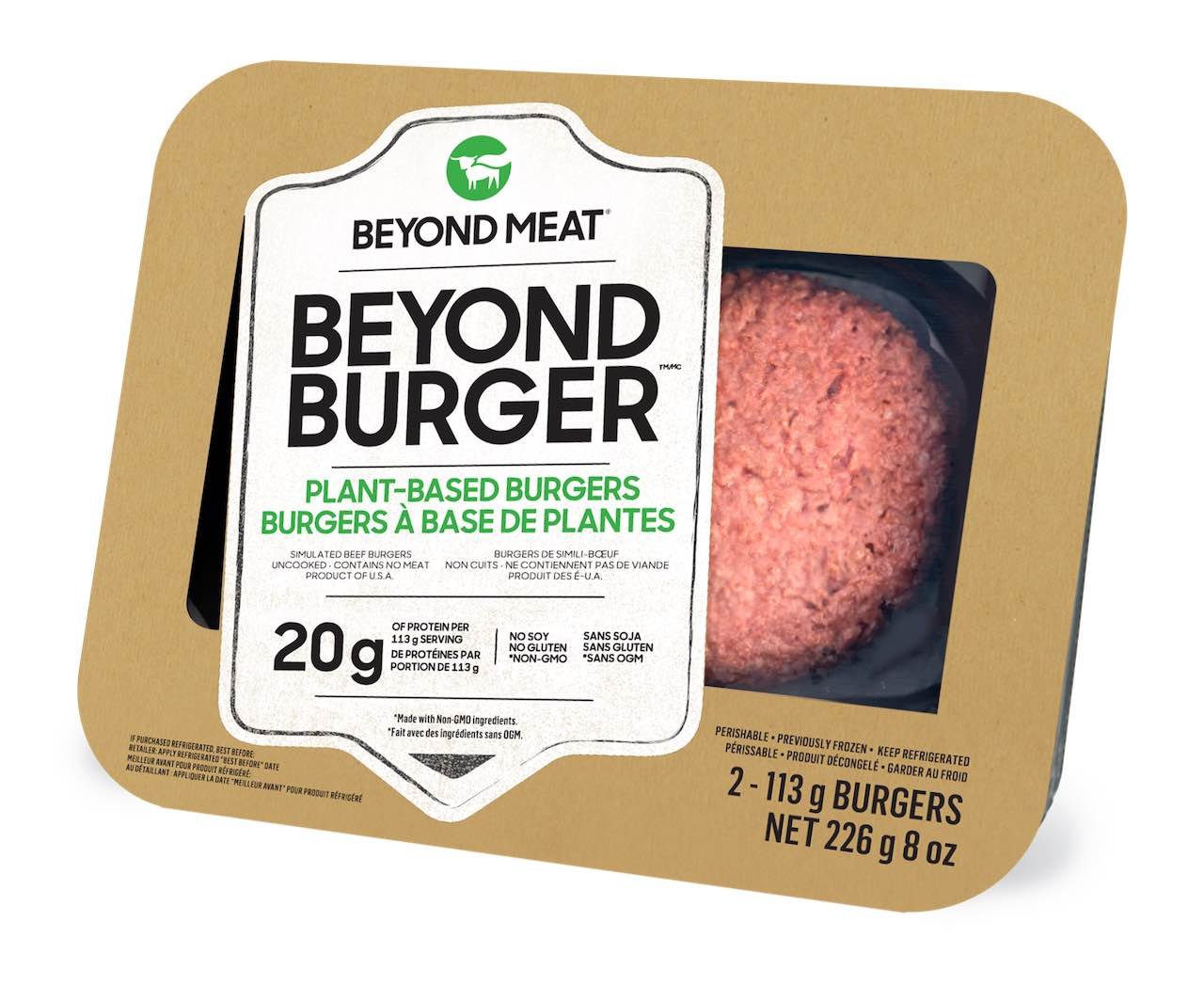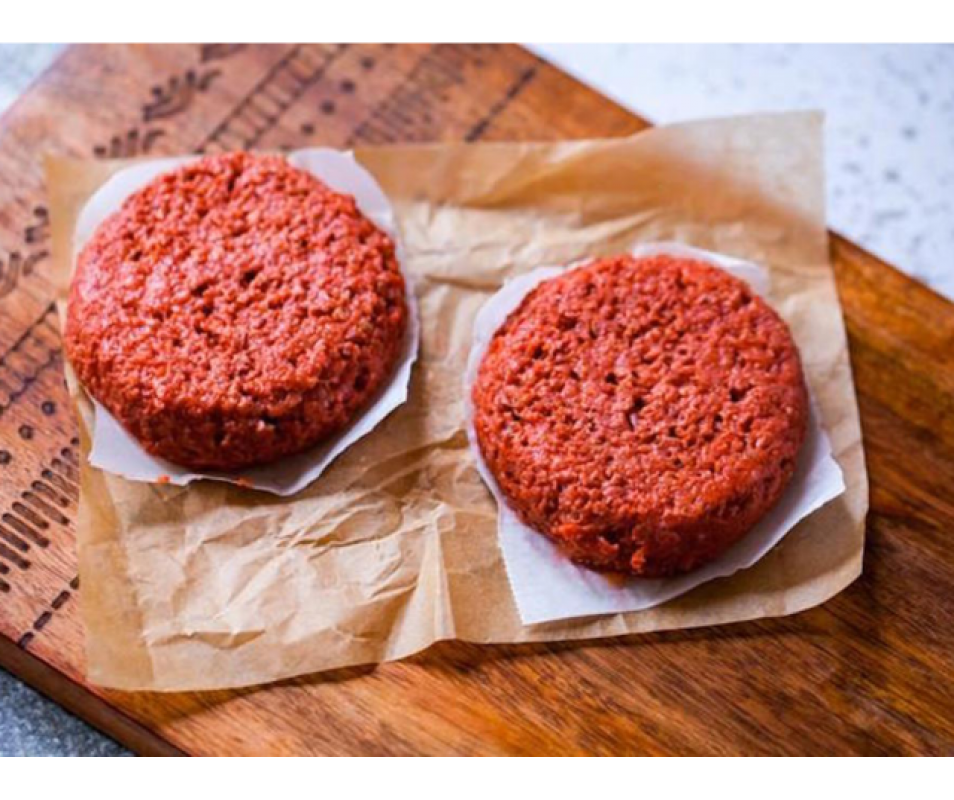

It also comes high in Vitamin B12 and zinc.īut at the same time, the Beyond Burger (like its leading competitor, the Impossible Burger), is calorically similar to a typical burger, has a laundry list of processed ingredients designed to help it achieve its simulated mouthfeel and contains a whopping five times the amount of sodium. The latest Beyond Burger has 35% less total fat than a beef burger, less cholesterol per serving, and a comparable dose of protein. Subbing in just about anything for a serving of red meat tends to be a healthier choice for your arteries. So, is Beyond meat healthier than red meat? Like paying for a fresh salad or a market bowl, customers have decided they’re willing to shell out more for what they perceive to be a sensible decision. That’s not just Big Apple price gouging at play - for years since plant-based alternatives burst onto the scene, they’ve benefited from a narrative that they’re “healthier” than traditional animal products.

But order just one Beyond Burger at a restaurant in New York City (albeit with tomato, avocado, and all the fixings), and you’re likely to pay $15 or more. Instead, consume the foods that make your vegan lifestyle easier or more accessible.A two-pack of Beyond hamburger patties from the grocery store costs $6, give or take a couple of bucks. Veganism should be a practical lifestyle that benefits our health, the planet, and animals. That’s not to say you should never indulge in a Beyond Burger when meaty cravings strike once in a while. Are Beyond Burgers Healthy?Īlthough the current Beyond Burger formula is still vegan and includes mostly healthful ingredients, we have no way of analyzing all ingredients used, because of their mysterious “natural flavors”. Why the company decided to not disclose exactly which flavors were used, instead of grouping them into this blanket term, is beyond us. The problem is, “natural flavors” could also be covering up to 100 of the 3,000 chemical additives considered to be natural by the FDA. However, thankfully Beyond Meat has clarified that their product is non-GMO.īeyond Meat also ensures us in their FAQ page that the product is totally vegan. Even GMO ingredients can be considered “natural” under this ambiguous definition. We have no way of knowing what exactly this term is referring to - the ingredient covers any substance extracted from sources in nature, including animals and plants. The only ingredient we can truly object to is the “natural flavors”. As an added benefit, it can help treat low potassium levels. It’s a naturally-occurring salt typically used as a flavor enhancer and allows brands to reduce the amount of overall salt required. Potassium chloride is another potentially-intimidating ingredient for many consumers. In this product, methylcellulose is used as a binding agent, so the burgers don’t fall apart when cooked.

So, you may experience a bit of this effect after consuming Beyond Burgers. If you’re wondering about ‘ methylcellulose’, know that this ingredient is an indigestible, non-toxic, and allergy-friendly ingredient derived from cellulose. Any oils also exclude the fiber and starch found in their whole food source, leaving only the fat. For example, pea protein is a type of protein powder that excludes most of the starch and fiber found in whole peas, leaving only the protein. A lot of the same vitamins and minerals are added to vegan milk, nutritional yeast, and other staples healthy vegans typically consume.Įven though the ingredients found in Beyond Meat are plant-derived, many are also heavily refined. This could be considered beneficial to vegans who have trouble obtaining these nutrients in their regular diets. In fact, the most ‘complicated’ ingredients included are simply vitamins and minerals used to fortify the product. If the above list seems long, intimidating, or complicated, you may be relieved to know that these ingredients are plant-derived not synthetic.


 0 kommentar(er)
0 kommentar(er)
